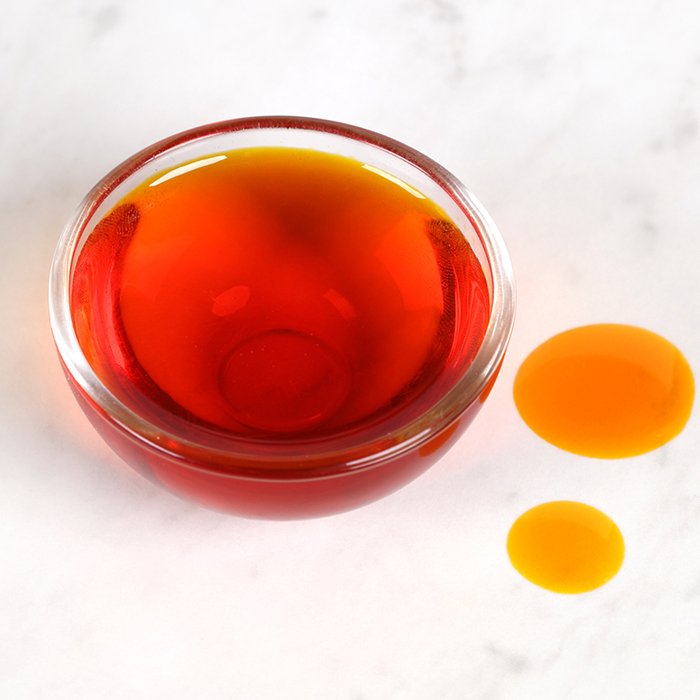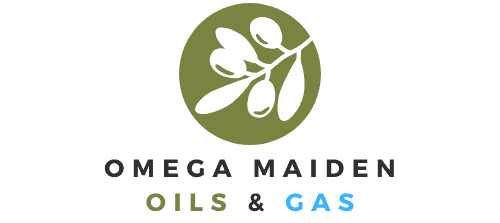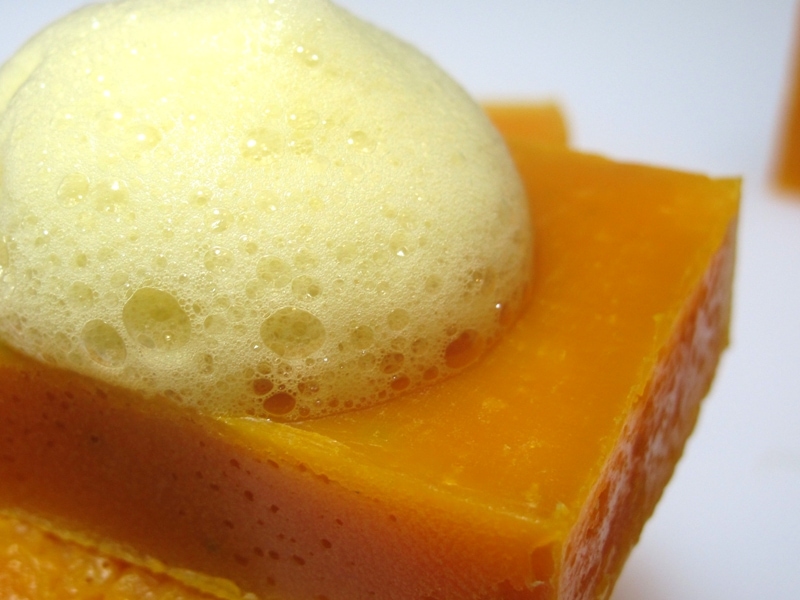When it comes to soap making, one of the most important ingredients is palm oil. But where do you buy palm oil for soap making? There are a few different places you can look, both online and offline.
Here are a few tips to help you find the best place to buy palm oil for your soap making needs.
If you’re looking for palm oil to use in soap making, you’ll want to make sure you buy the right type. There are two main types of palm oil – refined and unrefined. Unrefined palm oil is also called crude palm oil, and it’s the type that’s used most often in soap making.
It has a reddish color and a strong, earthy smell. Refined palm oil is processed to remove impurities, so it has a lighter color and milder odor. Either type of palm oil will work fine for soap making, but some people prefer the refined version because it produces a nicer-looking bar of soap.
When shopping for palm oil, look for products that are 100% pure Palm Oil – anything less than that may not give you the results you’re looking for. You can find Palm Oil at most health food stores or online retailers that sell soapmaking supplies. Once you have your Palm Oil, store it in a cool, dark place until you’re ready to use it.
Where Can I Buy Palm Oil in Bulk
If you’re looking for palm oil in bulk, there are a few places you can check. The first is your local grocery store – many stores now carry palm oil in the cooking aisle. You can also check online retailers or specialty stores that sell cooking oils.
When buying palm oil, it’s important to choose a reputable brand that uses sustainable practices. Look for brands that are certified by the Roundtable on Sustainable Palm Oil (RSPO). This certification ensures that the palm oil has been produced using environmentally and socially responsible methods.
Another thing to consider when buying palm oil is the type of product you want. There are two main types of palm oil – refined and unrefined. Refined palm oil has been processed and had impurities removed, while unrefined palm oil is in its natural state.
Both have their benefits, so it’s up to you to decide which one you prefer.
If you’re looking for a good deal on palm oil, bulk purchases are often the way to go. Many retailers offer discounts when you buy larger quantities of product.
This can help you save money if you use a lot of Palm Oil in your cooking.

Credit: www.soapqueen.com
Which Palm Oil is Best for Soap Making?
There are two types of palm oil used in soapmaking – refined and unrefined. Refined palm oil is processed to remove impurities and has a higher melting point, making it ideal for use in solid soaps. Unrefined palm oil retains its natural nutrients and has a lower melting point, making it better suited for liquid soaps.
What Oil Can Replace Palm Oil in Soap Making?
If you’re interested in soap making, you may be wondering what oil can replace palm oil. Palm oil is a popular ingredient in soap because it provides a good lather and hardness to the bar. However, palm oil has come under scrutiny in recent years due to its environmental impact.
If you’re looking for a more sustainable option, there are a few oils that can be used in place of palm oil.
One option is olive oil. Olive oil provides a nice creamy lather and helps to condition the skin.
It will also make your soap last longer since it doesn’t oxidize as quickly as other oils. The downside of using olive oil is that it can be expensive and it doesn’t provide as much hardness to the bar as palm oil does.
Another option is coconut oil.
Coconut oil is an excellent choice for soap making because it produces a really nice lather and it’s very inexpensive. However, like olive oil, coconut oil doesn’t provide much hardness to the bar so your soap may not last as long if you use thisoil exclusively.
Coconut milk is another possibility for replacing palm oil in soap recipes.
Where Do We Get Palm Oil From?
Palm oil is an edible vegetable oil that is extracted from the fruit of the African oil palm tree. The African oil palm tree is native to the tropical rainforests of Africa, and produces a large orange-red fruit that contains a high amount of oil. Palm oil has been used as a cooking oil in Africa for centuries, and is now widely used in many parts of the world as a cheaper alternative to other vegetable oils.
Most commercial palm oil comes from Malaysia, Indonesia and Thailand, which together produce over 85% of the world’s palm oil supply. These countries have large areas of land suitable for growing African oil palms, and they also have the required climate and infrastructure to support large-scale palm cultivation.
The process of extracting palm oil from its fruit can be done manually or via mechanization.
In either case, it typically involves stripping the fruits from their stalks (a process known as “bunch threshing”), crushing them to release their pulp and outer shell (known as “mashing”), and then pressing the mashed fruit to extract the crude palm Oil (CPO).
After extraction, CPO still contains a number of impurities that need to be removed before it can be used commercially. This refining process typically involves heating CPO at high temperatures to evaporate water content, followed by filtering out solid impurities such as dirt & debris.
The refined product is then commonly referred to as RBD Palm Oil (Refined Bleached Deodorized).
RBD Palm Oil has a wide range of applications – it can be used as a cooking/fryingoil, in margarine & shortening formulations, or even as a biofuel.
Is Palm Oil Good for Soap Making?
Palm oil is a type of vegetable oil that is derived from the palm fruit, which grows on the African oil palm tree. Palm oil has been used in soap-making for centuries and it continues to be a popular ingredient in both commercial and handmade soaps.
Palm oil provides many benefits in soap-making, such as creating a hard bar with good lather.
It is also relatively inexpensive compared to other oils, making it a good choice for budget-conscious soapmakers. In addition, palm oil can be easily sourced from online retailers.
When choosing palm oil for your soap-making needs, look for an organic, cold-pressed variety.
This will ensure that you are getting the highest quality product possible. Avoid using fractionated or refined palm oils, as these have been processed and may not provide the same benefits as unrefined varieties.
How to Make Cold Process Palm Oil Soap : Making And Testing, Episode 1
Conclusion
When it comes to soap making, one of the most important ingredients you’ll need is palm oil. But where should you buy it?
There are a few things to keep in mind when shopping for palm oil.
First, make sure you’re getting pure palm oil and not a blend. Second, pay attention to the color of the oil. The darker the color, the more refined it is.
Finally, take a look at the price. Palm oil can be expensive, so shop around and compare prices before making your purchase.
With those factors in mind, here are four places you can buy palm oil for soap making:
1. Online retailers like Amazon or Soap Making Supplies Outlet sell both refined and unrefined palm oils at reasonable prices.
2. Local health food stores typically carry unrefined palm oil, but they may be more expensive than online retailers.
3. Specialty soapmaking supply stores will have both refined and unrefined palm oils available, but again, they may be pricier than other options.

